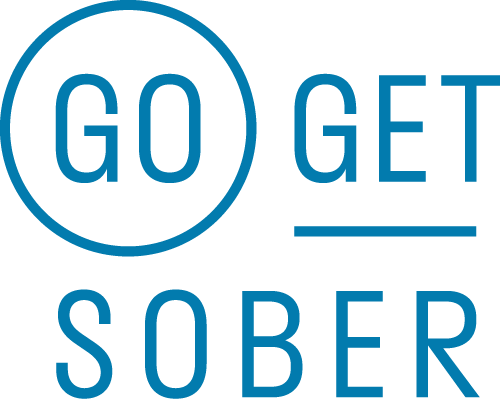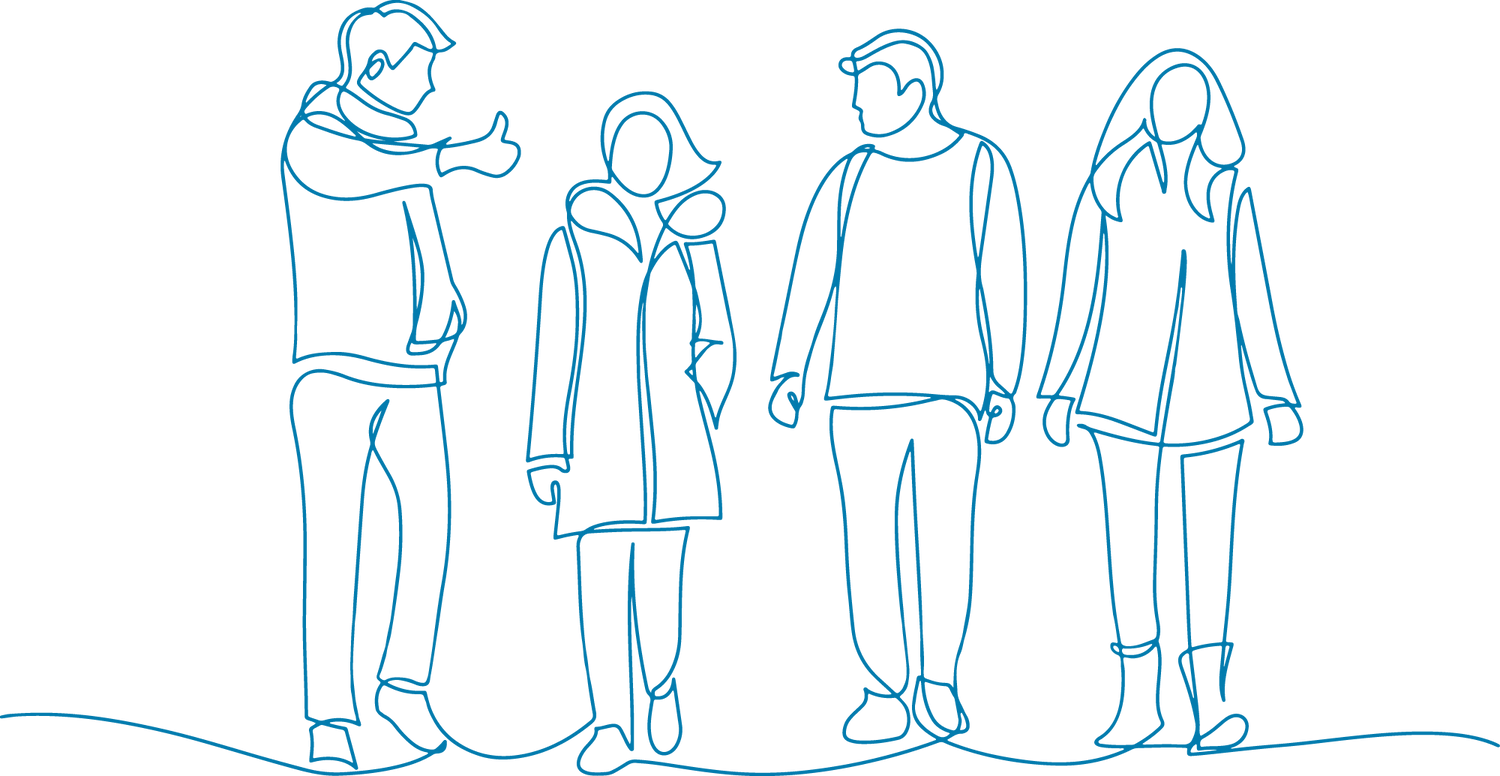What is PAWS?
Post-Acute Withdrawal Syndrome (PAWS) describes the various emotional, mental and neurological withdrawal symptoms that can be experienced by some people when they stop drinking and after their body has gone through any acute physical withdrawal symptoms. You don't need to have had acute physical withdrawal symptoms to experience PAWS.
When people do experience acute physical withdrawal symptoms, these usually last for one to two weeks whereas PAWS symptoms can persist, disappear and reappear for months.
The emotional and mental distress caused by PAWS can be a challenge, but if you’re aware of what's happening and you can prepare yourself for the symptoms, you’ll be well-equipped to face them head on.
Addiction, Recovery, and PAWS
Both acute and post-acute (PAWS) withdrawal symptoms exist because the body has to make adjustments for the sudden absence of whatever substance you've been abusing, whether it’s alcohol or other drugs.
While physical symptoms tend to resolve in two or three weeks, the chemicals in the brain take much longer to rebalance themselves. This manifests in a series of psychological withdrawal symptoms that can be stressful to deal with.
According to UCLA’s Semel Institute for Neuroscience and Human Behavior, PAWS symptoms are experienced by roughly 9 in 10 recovering opiate users and 3 in 4 recovering alcohol users.
Fortunately, knowing what to expect and having a strong support group can help in approaching PAWS with a proactive and positive mindset.
PAWS Symptoms
There are a variety of symptoms that can be experienced during post-acute withdrawal. Not everyone will experience all of them, some people won't experience any of them and they can come and go.
Remember that some of these states are a normal part of everyday life for everyone, including people who haven't had an unhealthy addictive relationship with alcohol or drugs. These states can be experienced by all of us at different points in our lives but if we're experiencing them as part of PAWS, they can be more intense, they can be inappropriate, over-the-top, harder to handle and can spring on us unexpectedly.
The other thing to remember is that when we stop drinking, we're not used to experiencing uncomfortable or distressing emotional and psychological states - we're used to numbing out from them with alcohol. So, these experiences can seem especially difficult to deal with until we've learnt other, healthier ways to process and deal with them.
Some PAWS symptoms are:
- Aggression
- Anger
- Anxiety
- Depression
- Exhaustion
- Inability to focus
- Insomnia
- Low libido
- Memory lapses
- Mood swings
- Stress
- Suicidal thoughts
How Long Does PAWS Last?
PAWS symptoms can last for a few days, a few weeks, a few months or up to a year or more. Not everyone will experience PAWS and, of those who do, everyone will experience them differently and for different lengths of time.
It’s important to remember that the symptoms are not persistent. They will come and go. You’ll find that certain situations, environments and other factors may play a role in when you experience PAWS symptoms.
As time goes on, they’ll show up less frequently. Eventually, they’ll disappear entirely.
How To Cope With PAWS
1. Know what to expect
It helps enormously to understand what you’re dealing with. Knowledge is power. When you recognize the symptoms as part of your recovery process, it helps you to feel stronger and more able to cope.
If you're keeping some kind of journal or sober log, notice and record what different situations cause some of these PAWS symptoms. These are sometimes called triggers. Remind yourself that what you’re feeling is nothing more than your brain rewiring itself. The more you practise going through these triggers without alcohol, the less and less you'll experience the PAWS symptoms. And, as time goes by, you'll learn healthy ways of managing uncomfortable emotional and psychological states.
2. Get physical
Physical activity is your best friend. Go for a walk, do a workout or go for a swim. Even better, find a group activity that connects you with other people where the focus is not drinking. You can find something to do that's within your body's capabilities and that will also challenge you enough to get your blood pumping and those feel-good endorphins coursing through your veins.
This will also help take you "out of your thoughts" or "out of your head", give you some objectivity and help you deal with whatever you're experiencing more healthily.
3. Connect with others
Join with others who are going through similar experiences or join with others who enjoy similar interests to you that are nothing to do with sobriety, drinking or alcohol. Human connection is a well-researched contributory factor to our overall wellbeing, health and happiness.
Be proactive in seeking connection with others and this will help you to feel better overall.
4. Get support
If you’re experiencing intense withdrawal symptoms and if you have some past trauma, abuse, neglect or abandonment in your life that you're struggling to deal with without the numbing effect of alcohol, it might be you would benefit from some therapy, coaching or counselling.
Having people with first-hand knowledge and expertise to talk to will help put things into perspective and motivate you to keep going.
5. Get mindful
There are many benefits to cultivating a mindfulness habit. One is that it helps you to build a healthier relationship with yourself and one is that it helps you to manage and process uncomfortable feelings calmly. It helps you to stay in control.
There are many mindfulness apps out there to choose from - a quick Google search will bring them up. There are also lots of mindfulness videos on YouTube.
Spending as little as 10 minutes a day breathing and learning to sit comfortably with yourself, letting go of unhelpful thoughts when they pop into your head, will give you great control and calm in other areas of your life too.
Remember, all of these symptoms are a normal part of the process of stopping drinking and learning how to live life sober. The emotional and mental hurdles of PAWS are a temporary setback. Expect them, embrace them as a sign that you're doing the right thing, and be reassured that you’ll soon be free of them.


